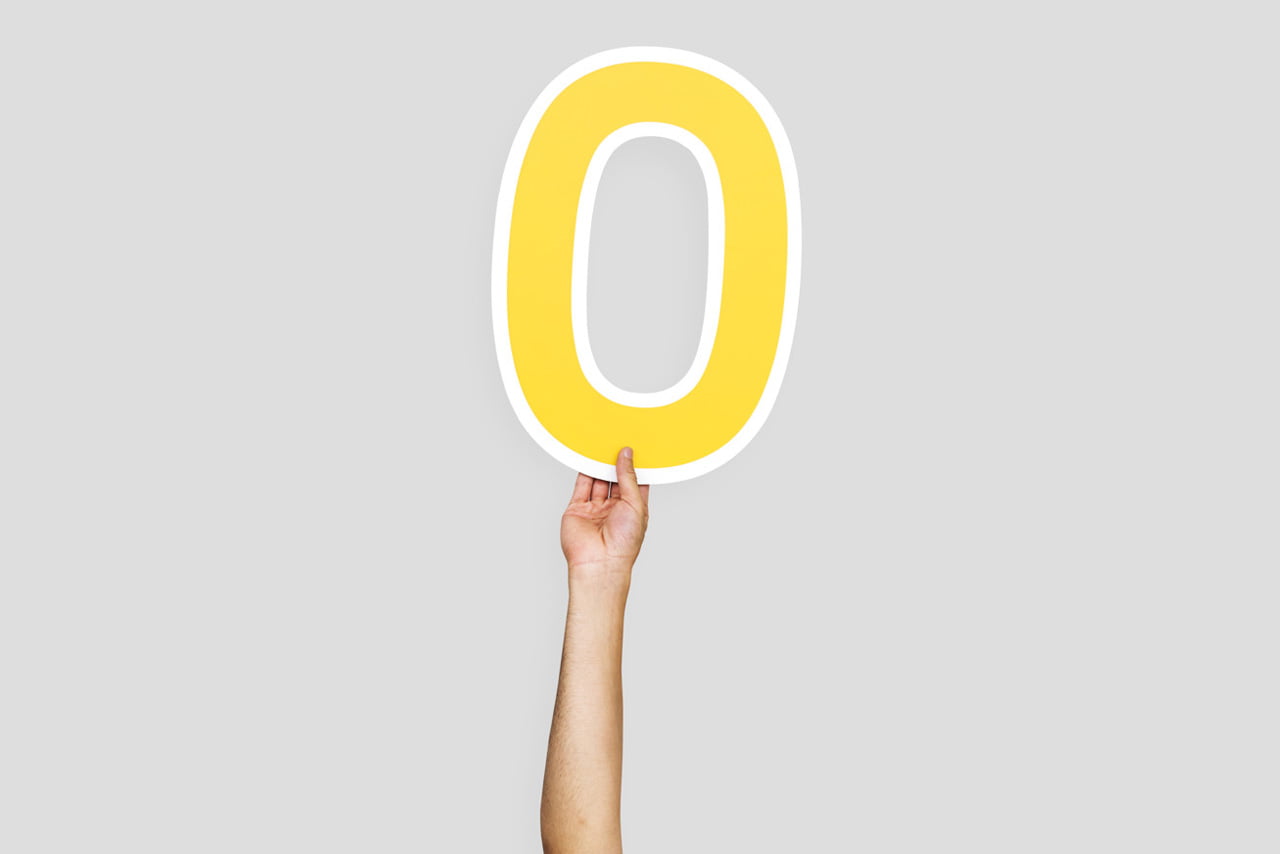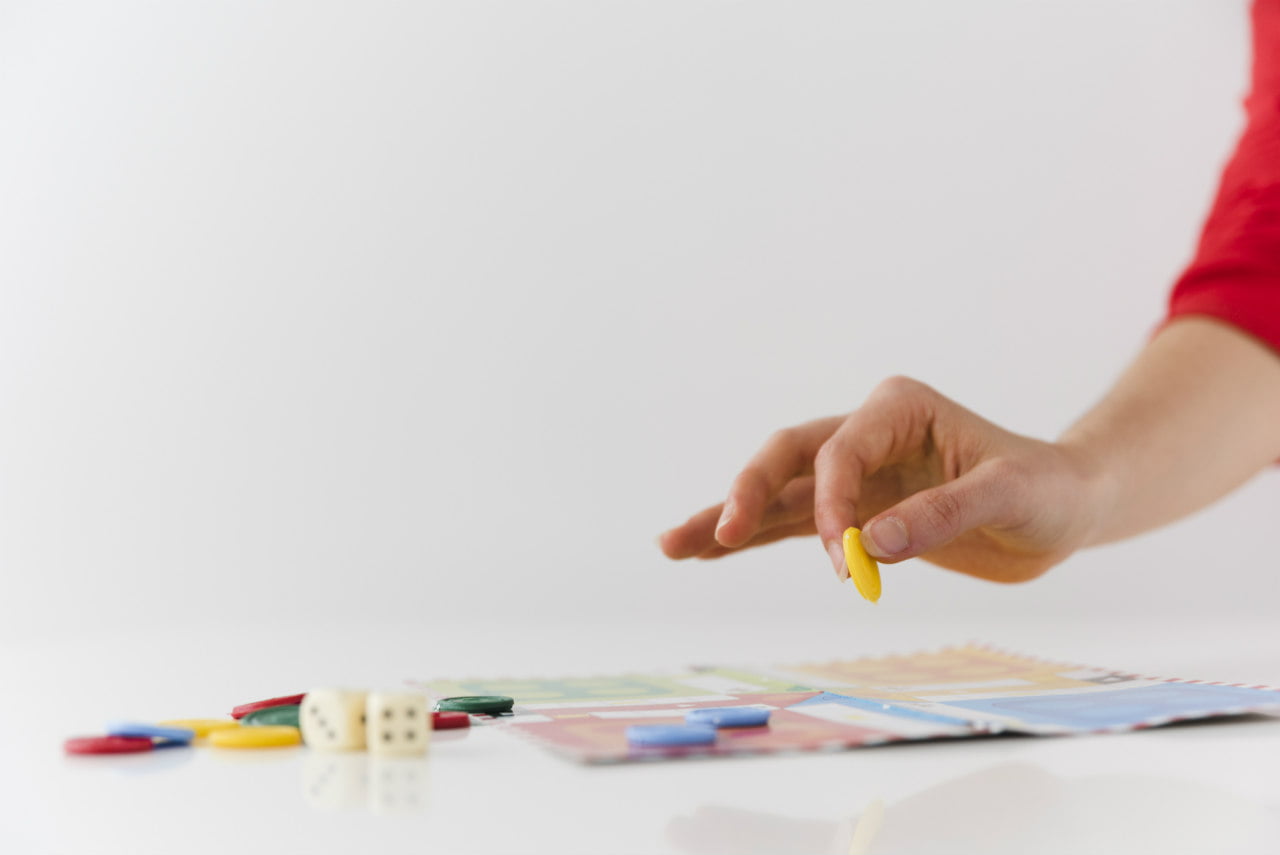It always saddens me whenever I hear parents lament that “my child is weak in maths” or “my son hates maths”. Frankly, how many of us sincerely feel that Maths is easy? Algebra, fraction, statistic & etc?
I have met adults who confessed that they find Maths difficult (yeah… I know, some of you love math… you are the exceptional ones!). If you perceive maths as hard, would you try to make it interesting and fun for the little ones? How would you do it?
We need to make sure math is not boring for the children as it is the foundation of science. Research has found that a child’s maths knowledge predicts their later success into primary and even secondary school and their achievement in STEM subjects.

In Euler Math program, the method mostly used is hands-on and played-based activities. This method is found to be helpful to young children in acquiring a strong foundation in understanding early years mathematical concepts (counting, numeracy or subitizing), arithmetical operations and spatial and geometric concepts.
Getting children feeling confident with numbers can start from home. Here is a list of activities you can do with your little ones at home or even in the car when you are stuck in a traffic jam!
1- Count

Count as many things as you can with your child during his daily routines. The buttons as you fasten them, the number of spoons on the table, the number of steps as he walks up the stairs, the number of butterflies in a page of the story book. Tips: Help your child to see that the last counting word you say tells you how many things there were. You can emphasize the last number by saying, “1, 2, 3… there are three apples.”
2- Sing

Sing number nursery songs and rhymes such as Ten Little Indians, Five Little Ducks, Ten Green Bottles, “1,2,3,4,5 Once I caught a fish alive’ and etc. Tips: Sing with action so that he can relate one count for each action. This can enhance children in memorizing.
3- Point out numbers

Point out to a number in your daily routines and say it out loud, such as your house number, car number plates, bus number, road signs, speed limits or numbers in a packet. It will help the child to recognise numerals. Tips: Extend the activity by asking the child to add up the digits i.e., house number 14, what is the sum of 1 and 4? Car plate number 2513. What is the sum of 2, 5, 1, 3?
4- Introduce Zero (0)

Introduce zero (0) to them. Tell them zero means nothing or has no value. Make them experience nothing means. For example in Euler Math program, most of the activities use a hands on method. Children will experience for themselves the meaning of zero. Associate the number of cards with the objects. Ask them to associate number 0 with an object. Tips: Guide the children to see the differences between zero and other numbers.
5- Create Simple Games

Create simple playing cards or use the conventional playing cards and play the ‘snap’ game by either matching the numbers or the symbols/ pictures on the card. Tips: You can also get the child to arrange or sort the cards in order. And when your child gets it right, give him a big hug.
6- Guess My Number Game

Tell your child that ‘I am thinking of a number between 1 and 10.” Explain to him that he can respond with a question but your answer will either be ‘yes’ or ‘no’. For example, he can ask ‘Is the number bigger than 6?’ and ask, ‘Is it 8?’ when he knows the answer. Tips: For older children, you can get them to guess the mystery number up to 100, and they will need to ask questions such as ‘Is it an even number?’ or ‘Is the number a multiplication of 10s?’.
7- Play Board Games

Play board games involving dice such as Snakes and Ladders or Monopoly. Not only will the child practice their number, arithmetic and money sense, they will also get to learn the social skills and empathy. By playing with dice it can enhance their subitizing skills. Tips: When playing with dice, you may improvise the game by adding an extra dice to make the children practice their addition or subitizing.
Research has shown that when parents and children spend time together to interact on maths at home, even as little as once a week, the children show improved maths achievement in school. So, why wait? Let these activities bind the family together and build a strong math foundation for future learning!









